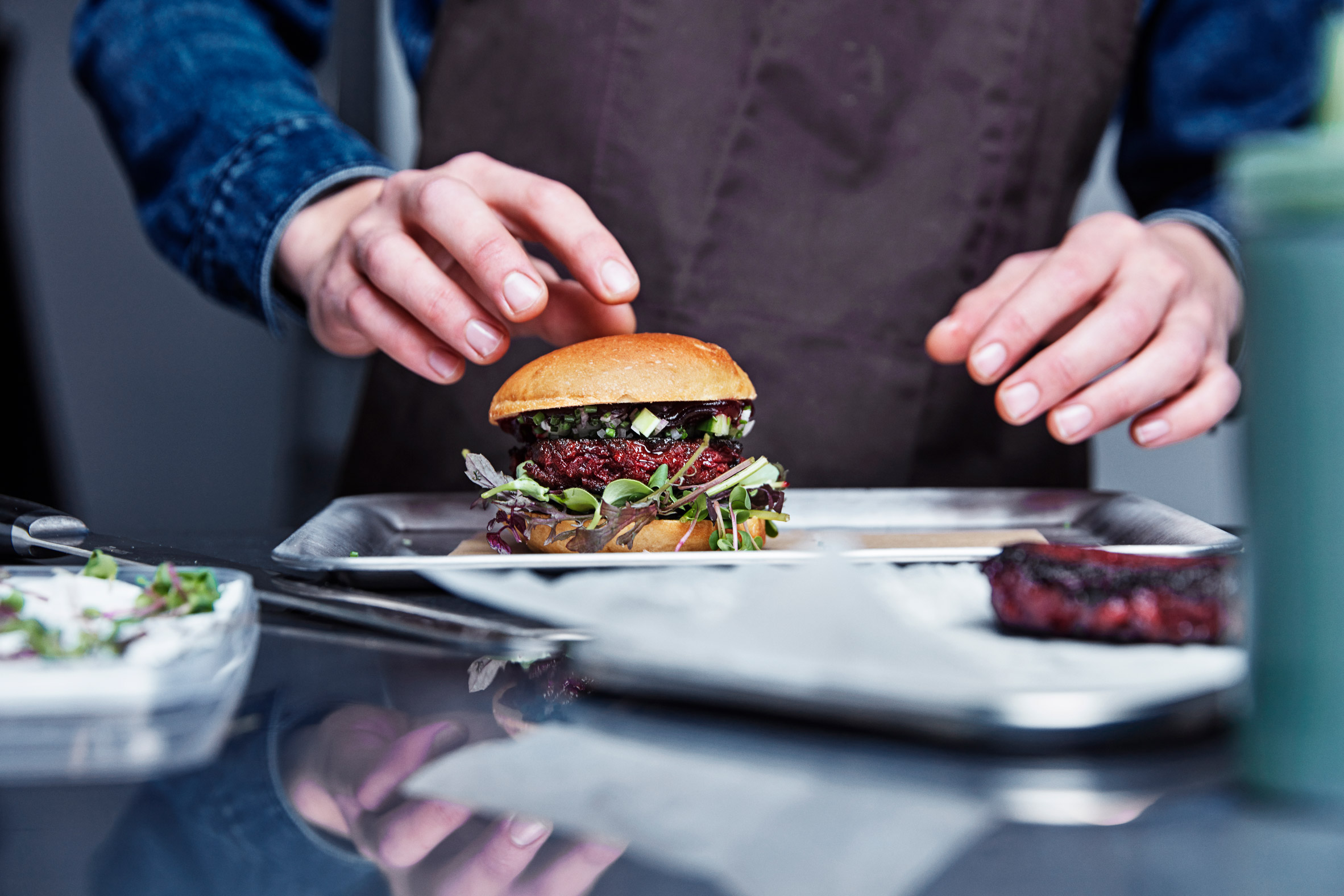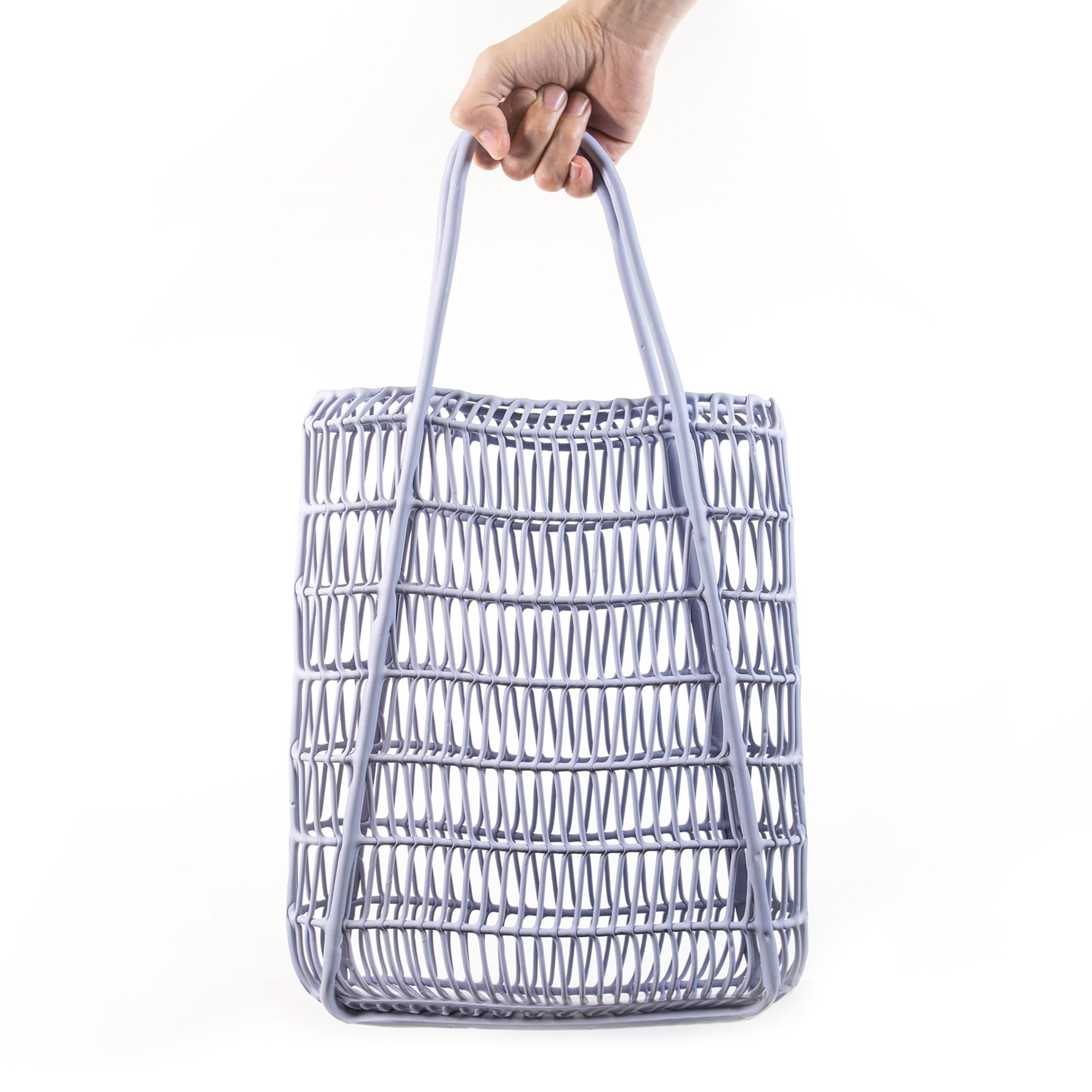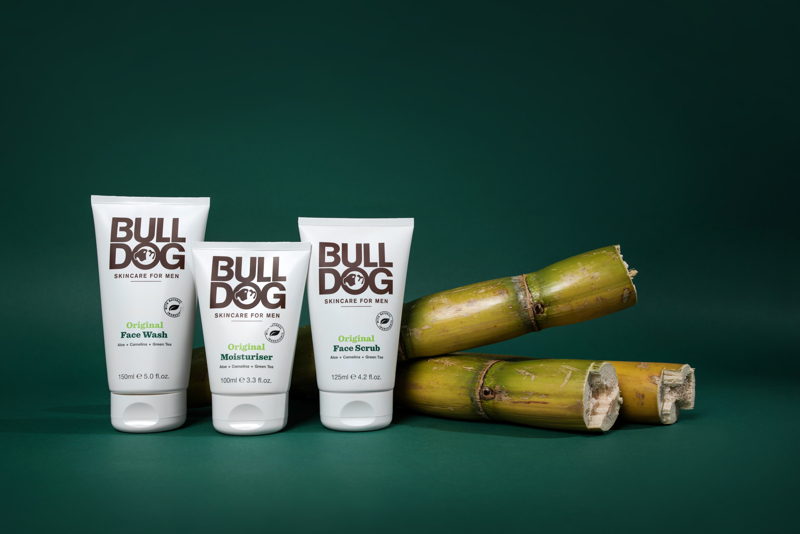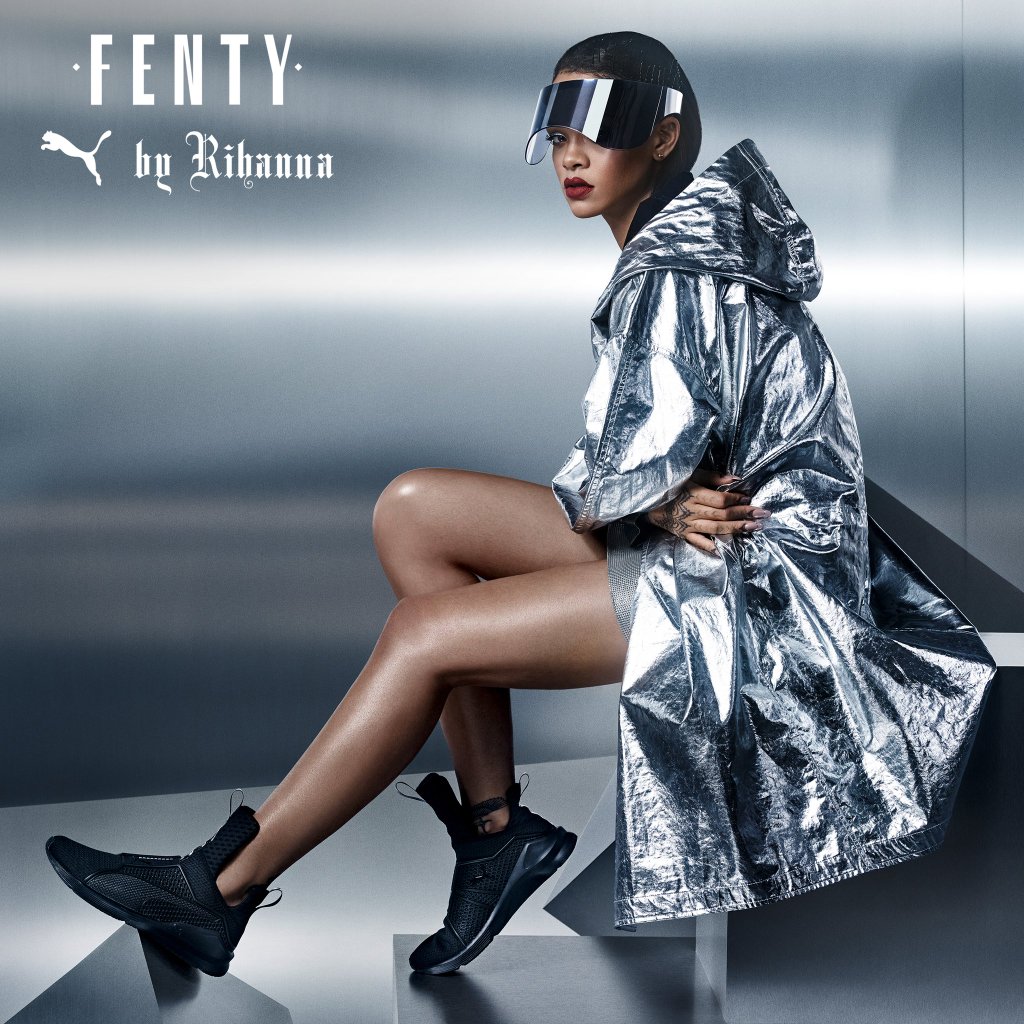For a bespoke material report looking at progressive materials for your products, packaging and retail contact jon@future-filter.com
Materials are intrinsic to good design. An inspired material choice defines an object. It communicates values, provenance and even an emotion. Materials, and especially plastics have become synonymous with irresponsible design. Blue planet 2 highlighted the problems with ‘one life’, one use plastics which pollute our oceans and threaten marine life.
POLITICAL MATTER
Materials have become political, with the UK government announcing its 25-year environmental plan. The UK Prime Minister has set out the government’s strategy on plastic with plans to tax single-use plastic packaging and assist supermarkets to create plastic-free aisles.
Ekoplaza in the Netherlands is leading the way in becoming the first plastic free supermarket with one aisle completely plastic free. The company has compostable biomaterials as an alternative to plastic trays and bags.
Brands need to be aware of the changes and adapt in the coming years to offer plastic free alternatives. Brands need to look to reduce what would be considered unnecessary, to deliver the product to the consumer without sacrificing the physical experience and the perception of the brand.
AESTHETIC SHIFTS
As we assess the environmental impact of mining, shaping and discarding materials, our aesthetic perception of materials is also shifting as we re-think one-life materials, the idea of up-cycling is reaching the mainstream. Adidas has launched Adidas Parley boost made from recycled ocean plastic which has gained critical praise and demonstrated that progressive thinking can be commercially viable with the shoes proving popular with young fashionistas.
Future-Filter is the Futures + Design studio. We provide future reports and design for progressive brands. For more information on our futures and creative services contact
Jon@future-filter.com
The Bug Burger contains a patty made beetroot, parsnip, potatoes and mealworms, which are the larvae of the common darkling beetle
Ikeas research Lab, Space 10 has created a menu of five new dishes as solutions to the problem of a predicted global food shortage given the population growth over the next 10 years.
"At Space10, our research is rooted in an important principle – dishes shouldn't just be healthy or sustainable, they must be delicious too," explained Space10, which counts food designer Simon Perez and plant engineer Sebastian Dragelykke among its diverse team.
What do you want for your brand? What could your brand look like in a year or 5 years. What are the macro-trends that will shape your business.
We can help you answer those questions: jon@future-filter.com
Brandless
Are we paying too much for brands?
One company that is looking to revolutionize our thinking about branded goods is Brandless, a San Francisco based start-up selling food and household goods.
The emphasis is more on the goods rather than the brand with the argument that consumers pay a brand tax of approximately 40% for the privilege of consuming a particular brand. Brandless’s CEO and co-founder Tina Sharkey says “we’re trying to reimagine what it means to be a brand in today’s world, a brand rooted in authenticity, transparency, and trust,” Sharkey says. “If we do this right we’re actually building a community of people who want to change the way we live, where we can focus on living more and branding less.”
https://brandless.com/about
Future personal care is an area that Schwarzkopf have been giving thought to with the launch of Professional's SalonLab showcased at CES 2018.
The SalonLab Customizer dynamically formulates and produces a customized hair care product for each client right in the salon based on the gathered data - at the simple touch of a button.
Aeroplane food has a reputation for leaving passengers feeling bloated and groggy, but all that could be set to change.
Leading food psychologist Professor Charles Spence has teamed up with the airline Monarch to create a food menu designed to settle the stomachs of flyers.
The Oxford professor, who’s worked with Heston Blumenthal and his team at The Fat Duck Research Kitchen, also claims his unique menu has mood-enhancing properties that will help to relax travellers.
The experimental ‘Monarch Mood Food’ box includes dishes such as black echinacea and liquorice ice cream followed by green tea and lavender mochi rice cakes.
The dishes themselves were developed by top chef Jozef Youssef and his team at Kitchen Theory, based on the research conducted by Professor Spence.
MIT's Self-Assembly Lab has demonstrated its rapid liquid printing process at this year's Design Miami fair, using it to create products in front of visitors.
The scent palette
The project aims to visualise fragrance, particularly in relation to how colour and shape is used as a method of communication in the process of making customised perfume. Fragrances are invisible, so it is hard to remember when smelling a lot of fragrances at once. If there is specific colour or shape to each bottled fragrance, it will be easier to remember and it will help people arrive at a choice.
In terms of the process of making perfume, it mainly depends on numeric quantification such as ratio or formulation. Transforming the numeric information to something experienced more intuitively and emotionally is the one of the main parts of this project.
Coloni, is a Swedish based gardening house founded in 2010. In collaboration with a horticulturist, Coloni has developed an approach to a new kind of indoor gardening based on seed mixtures composed from a conceptual point of view. The mixtures consist of seeds from desert and arid Mediterranean climates and include both annual and perennial species.
Their philosophy is to make indoor gardening an engaging part of one´s everyday life; an activity to create a relationship to and to follow in its different stages of development.
Sugarcane has been used for the first time in packaging by Bulldog skincare. The green polyethylene is created by farming sugarcane on sustainable land in Brazil, thousands of miles from the Amazon rainforest. Whilst being cultivated, the sugarcane captures CO2 from the air as it grows. Sugarcane is so efficient at capturing CO2 that every kilogram of green plastic produced 3.09 kilograms of CO2 is removed from the air. Once grown the sugarcane is transformed into 'ethanol' a type of alcohol, which in turn is used to Bulldog's partner Braskem to create green plastic. Kudos Bulldog.
Celebrity fashion collaborations do not get much bigger than Rihanna and Puma in The Fenty x Puma collection for 2018. Leveraging her edginess and laconic style the collection is a blend of streetwear and extreme sports. Heavily influenced by surf and motocross sports with bright saturated pops of colours, high vis neons, sports buckles and toggles with retro-themed graphics.
Glenfiddich recently unveiled the winners of the World’s Most Experimental Bartender competition
The winners were Charles Roche and William Hetzel of east London’s Scout cocktail bar. The Duo created a fragrance based on the taste notes of the whisky to create a tantalising pre-drinking experience. The fragrance is based on the whisky’s wood, fig, caramel and leather elements. The fragrance is intended to engage consumers’ olfactory senses, simulataneously opening up what is the essence of whisky-tasting to a wider audience.
https://www.youtube.com/watch?v=VCeaxArtoEQ
KVELL have developed Waterdrops which are a selection of compressed powdered tablets of flavour and vitamins that can be added to water. The favours come in a paperfoam outer.
The ’soft tech’ aesthetic is as refreshing as the product.
Steinbeisser is celebrating the 5th Anniversary of their Experimental Gastronomy at the Lloyd Hotel & Cultural Embassy in Amsterdam. For this special occasion they invited acclaimed chefs Kristian Baumann (from Noma’s new restaurant 108 in Copenhagen), Daniel Burns (the chef behind the Michelin-starred beer-pairing restaurant Luksus in New York) and Andreas Rieger (from Einsunternull, the rising star of the Berlin culinary scene) to each serve an entirely plant-based menu created with local, seasonal and organic ingredients using extraordinary cutlery and tableware crafted by 25 artists.
As we are becoming an increasingly urban species, by 2050 around 70% of
the global population are expected to be living in cities rather than rural
habitats, we are witnessing a transformation in typical urban lifestyles.
Fewer people than ever before are in full time permanent employment and
are instead opting for more flexible earnings, ownership is forgone in favour
of sharing and renting and our very roots are becoming mobile – able to be
dug up and replanted at will.
For a copy of the full article by Future-Filter, email jon@future-filter.com
Feel the quality of the 'The Danish Way' campaign by Fold7. This campaign is a sumptuous smorgasbord of classic midcentury skandi-design and Danish delight.
Yes all the semiotic codes are in place but will UK consumers buy the idea of Carlsberg as a quality brand?
http://www.carlsberg.co.uk/#!the-danish-way
Nike Air max shoe packaging.
It is always interesting to see how designers and engineers approach the problem of sustainable packaging for shoes. Nike has partnered with Taiwanese architect and engineer Arthur Huang to consider the problem.
It looks like Nike have clearly missed the mark here by using recycled plastic for a pair of shoes when a card box sometimes would surfice.
Yves Behar came close to the mark with the ‘Clever little bag’ concept for Puma. The problem being that the internal exoskeleton card structure collapses when stacked, damaging the shoes inside, which is the function of packaging.
Can Adidas do any better?
We love this beautiful new publication 'Quiet Leaf' which looks at the creativity and underestimated elements of the skateboarding sub-culture.
As the title suggests, the magazine takes a step back and quietly and beautifully looks at the subculture across the globe. The writing and art direction are equally considered as the magazine takes the reader on a journey around art, music, culture and skateboarding.
check out the Vimeo link for a teaser.
http://www.magentaskateboards.com/shop/en/extras/713-the-quiet-leaf-magazine-issue-2.html
https://vimeo.com/138750817
CASC8 was born out of the desire to create something useful from the waste we produce as humans today.
Plastic waste dominates the landscape in Gujarat, North east India, where most plastic trash gets burnt out in the open releasing toxic fumes or like in so many other places, ends up getting dumped into the ocean.
As a reaction to the damaging situation, a small-scale socio economic initiative was started by a group of
artisan women: They collect, segregate, wash and strip neglected plastic, which they then weave on traditional pit looms and framed wooden looms, ultimately turning waste into a strong and useful material. A skill easily taught to neo-weavers.
While they respond to an increasing destruction of the environment, it’s also a way of preserving traditional craft and culture which generates an income on various levels for locals.
Finally the woven plastic is made into handcrafted bags, combining the plastic with other upcycled materials from factories and companies surplus stock.
The ‘one-off’ products of CASC8, each tell a story about how plastic waste weaving has the potential to recycle some of the plastic trash floating around while spreading a message about the bleak reality of our destructive consumer habits.
Casc8 is run by Sara Terp Hansen, a Central St. Martins MA graduate, who previously worked at Celine.
http://casc8.bigcartel.com/products

































